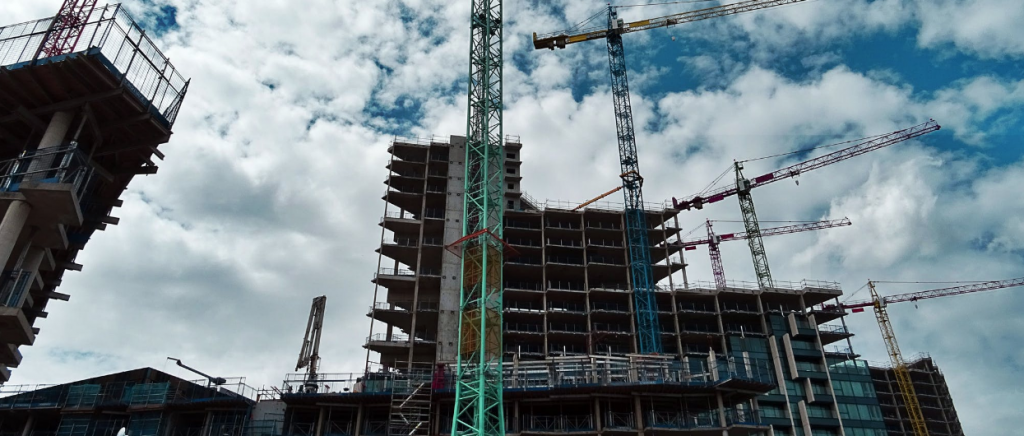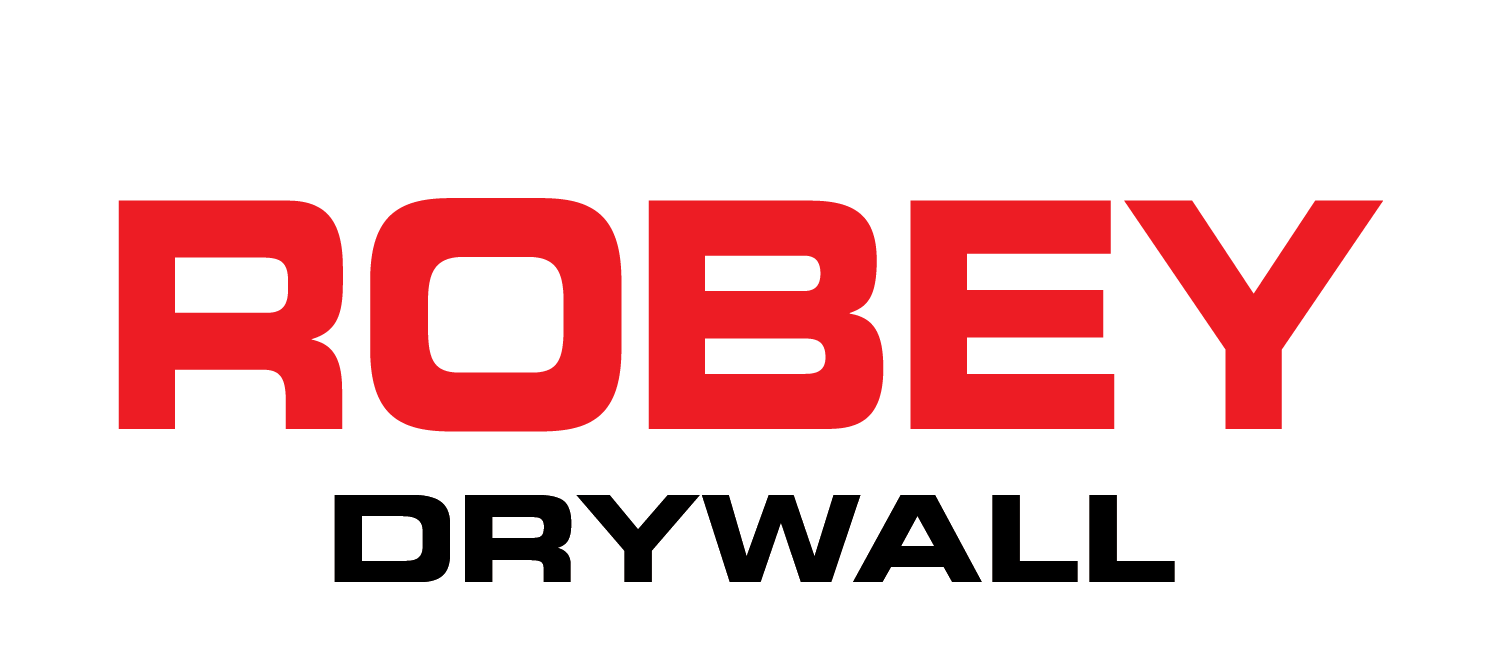Commercial Roof Insulation – What To Consider & Why

The more you invest in maintaining your building’s temperature, the more you need to think about installing the right roof insulation with the right R-Value* up front. This is why owners of office buildings and other non-residential facilities frequently opt for commercial roof insulation when installing or replacing a roof.
Commercial roof insulation is a layer of material installed under the membrane that creates a thermal barrier between the building interior and the outside elements, thereby limiting the release of heated or cooled air through the roof and reducing heating and cooling costs.
Commercial roof insulation can be made from a variety of materials and range from rigid boards to liquid applied foam or insulating concrete. Some of the most widely-used types of commercial roof insulation include:
-
– Expanded Polystyrene (EPS)
– Extruded Polystyrene (XPS)
– Fiberglass
– Mineral Wool
– Polyisocyanurate (Polyiso)
– Spray Foam
Evaluating which type of insulation you need is based on:
Insulation R-Value (Thermal Resistance). The R-value of a commercial roof is based on all of the layers in the roof system, but the insulation layer contributes to the R-value the most. Simply put, in the context of building and construction, the R-value is a measure of how well a two-dimensional barrier, such as a layer of insulation, a window, or a complete wall or ceiling resists the conductive flow of heat. The higher a material’s R-value, the more effective the material.
To understand which R-value is most appropriate for your building, your climate, and the environment, rely on a professional. Somewhat counterintuitively, you don’t always want to invest in a high R-value roof system. After a certain point, you may not realize additional benefits from more layers of insulation. Too much insulation may increase stress on a roof membrane through the effects of thermal shock.
You need to consider how durable the material you select for your commercial roofing system is, especially if the building is located in a wet, windy, or extreme climate. As the first line of defense against the elements, the roof membrane must be watertight, impact-resistant, and fire-retardant in order to protect your building adequately.
Watertight. No matter which insulation material you select, it’s essential to keep it dry. Material that becomes saturated with water is less effective in general; plus, it may transfer water across the roof, resulting in leaks elsewhere in your building. It’s possible to have a leak inside your building resulting from saturated insulation in one place, only to locate the damaged membrane 10-20 feet away from the leak site.
Roof insulation that has been damaged by water has a lower R-value. Saturated insulation can also affect the uplift performance of a roof system, which is particularly dangerous in high-wind areas. Using a vapor barrier to limit moisture infiltration into the system from the building interior, or using high-performance membrane on the exterior, can help keep insulation dry, maximizing its useful life.
Impact-Resistant. Recent performance standards for Impact resistance have significantly affected the development and manufacture of commercial roof insulation. Consulting with a professional will help you select the products that will be the most effective at protecting your roofing system from hail, debris, and other objects falling on your roof.
Fire-Retardant. Appropriate fire testing and certification is critical if you want your roof to be safe, protective, and long-lasting. Selecting materials with a UL Class-A fire-resistance rating or FM Class 1 rating are recommended for maximum protection.
At Robey, we can recommend the best commercial roof insulation for your project and assist you in selecting the commercial insulation product that will ensure the most extended life for the membrane roofing system, protect your warranty, and safeguard your investment.
